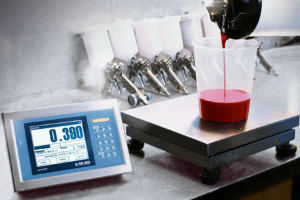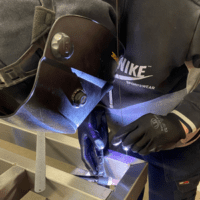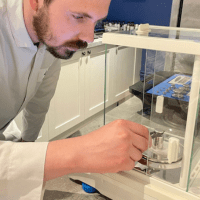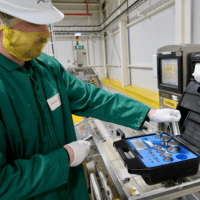Pfizer’s Abrysvo Becomes First WHO-Prequalified Maternal RSV Vaccine
In a major stride for infant health worldwide, the World Health Organisation (WHO) has officially added Pfizer’s maternal respiratory syncytial virus (RSV) vaccine, Abrysvo, to its prestigious list of prequalified vaccines.
This landmark decision marks Abrysvo as the first maternal RSV vaccine ever to receive WHO prequalification – a recognition that not only validates its safety and efficacy but also paves the way for global procurement and wider access, particularly in low- and lower-middle-income countries.
Abrysvo is specifically designed to protect infants during their most vulnerable first six months of life by preventing RSV-associated lower respiratory tract disease.
The vaccine works through passive immunisation, transferring protective antibodies from mother to baby during pregnancy – a breakthrough strategy given the lack of specific treatments currently available for RSV infection.
RSV, a highly contagious virus, is typically associated with mild, cold-like symptoms. While most individuals recover within a week or two, infants and other at-risk groups can suffer from severe complications, including hospitalisation and, in the most tragic cases, death.
The absence of direct antiviral treatments for RSV means that prevention remains the cornerstone of protecting infant health, underscoring the critical role vaccines like Abrysvo play in public health.
Until now, maternal vaccination with Abrysvo has primarily been limited to high- and middle-income nations. The WHO’s prequalification, however, changes the global landscape significantly.
It allows international agencies such as Gavi, the Vaccine Alliance, and UNICEF to begin procuring the vaccine for eligible countries that might otherwise lack access. This move has been welcomed as a game-changer in reducing RSV-related infant mortality and easing the burden on already stretched healthcare systems.
The WHO Director of Immunisation, Vaccines and Biologicals expressed that RSV has long been an under-recognised public health problem. Expanding access to maternal RSV vaccination will help keep infants out of hospitals, save lives and free up limited resources for other health priorities.
Looking ahead, WHO plans to publish a position paper in May to further support the global rollout of RSV immunisation. This document, based on recommendations from the Strategic Advisory Group of Experts on Immunisation (SAGE), will serve as a vital guide for public health authorities and immunisation programme managers.
It will offer detailed insight into how to incorporate RSV immunisation into national health strategies, while also advising funding bodies at both national and international levels.
In Summary
The WHO’s prequalification of Abrysvo is more than a regulatory milestone – it is a beacon of hope for millions of infants worldwide. As the global health community looks to reduce the heavy burden of RSV, especially in resource-limited settings, this vaccine offers a proven, practical solution.
With new guidance on the horizon and procurement channels now open, the future looks brighter for newborns everywhere – one step closer to a world where RSV no longer claims the most fragile among us.
News Credits: WHO adds first maternal RSV vaccine to prequalification list
Things you may also like:
- UKHSA Launches Groundbreaking Genome Sequencing Service in Fight Against Hepatitis C
- Higgidy Welcomes Spring with Bold New Quiche Flavours
- Speciality Breads Invests £20M in the Future of Sustainable Baking











